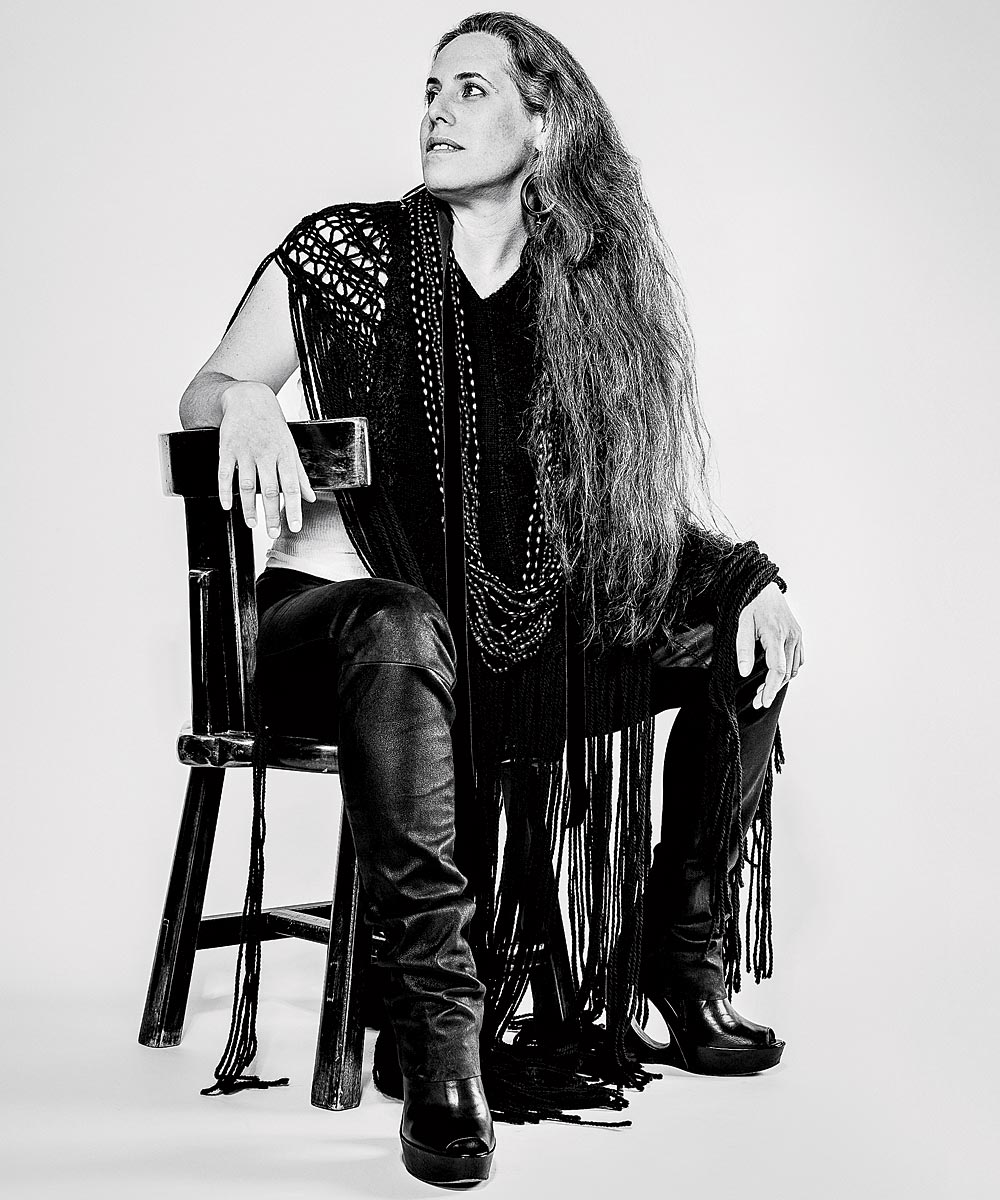Amy Lehman likes to call the tattoo that covers her back—a map of the world’s second-largest freshwater lake—a nonstandard marketing strategy for the Lake Tanganyika Floating Health Clinic. She founded the nonprofit five years ago to provide medical aid and health education to the 3.5 million Africans who live near the lake, which is bordered by four countries: Burundi, Tanzania, Zambia, and Congo. “Oh my God, do people [there] love it,” says Lehman. “They’re like, ‘Here’s this woman who has our home, this lake, on her body. She’s not just some random aid agency that shows up and disappears.’ ”
Lehman, 41, who earned a medical degree and an MBA at the University of Chicago, got the tattoo two years after her first trip to central Africa, in 2007. There she had seen firsthand how scarce adequate health care is for those living in remote and isolated areas—many of whom die of malaria, typhoid, measles, cholera, or other curable diseases.
Through her clinic, she is doing something about it. She frequently visits Tanzania, where her organization has served more than 350,000 people. What started out as Lehman and a small team traveling on rented boats to offer support to the rudimentary health centers and dispensaries along the lake has become a larger effort that also advocates for investment in regional infrastructure and development. Among the projects to date: distributing bed nets to help prevent malaria, performing surgeries to repair obstetric fistulas, and expanding radio networks to improve communications among the patchwork of area health clinics.
Lehman is now raising funds to build an actual floating hospital for the region—$30 million to $50 million, “depending on the small, medium, or large version,” she explains. “It will be an incredibly cost-effective way to help the health system be functional in four countries, affecting millions and millions of people.”
Related: Chicagoans of the Year, 1994–2014



